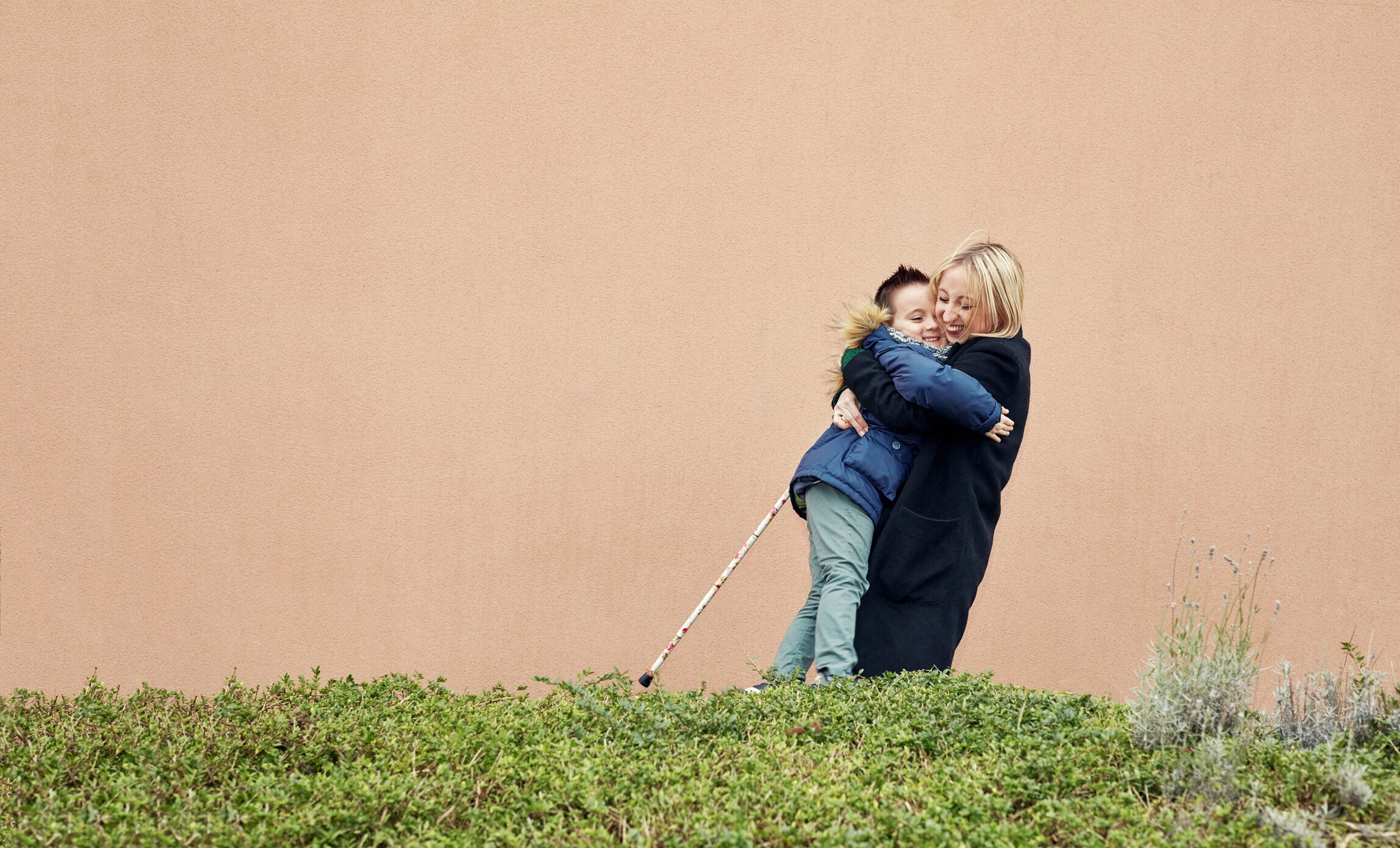Journal Club - Edition 7 - April 2022

'We tend to get pad happy’: a qualitative study of health practitioners’ perspectives on the quality of continence care for older people in hospital
Percival, J; Abbott, K; Allain, T; Bradley, R; Cramp, F; Donovan, J; McCabe, C; Neubauer, K; Redwood, S. & Cotterill, N. (2021) ‘We tend to get pad happy’: a qualitative study of health practitioners’ perspectives on the quality of continence care for older people in hospital’ BMJ Open Quality 2021: 10.
This study explores the reasons why older people receive good or poor quality continence care in hospital. It raises a number of questions on why accessing continence care can be challenging and points to factors that can improve the quality of care people may receive.

The effect of mindfulness-based stress reduction on the urinary microbiome in interstitial cystitis’
Shatkin-Margolis, A; White, J; Jedlicka, A; Tam, T; Hill, A; Yeung, J; Crisp, C. & Pauls, R. (2022) ‘The effect of mindfulness-based stress reduction on the urinary microbiome in interstitial cystitis’ International Urogynaecology Journal 33(3):665-671
The relationship between the bladder and the brain has been the focus of a wider range of research in recent years. This article explores if mindfulness can impact the urinary biome in people with interstitial cystitis or painful bladder syndrome with interesting results.

Transanal irrigation bowel routine for people with Cauda Equina Syndrome’
Ethans, K; Smith, K; Khandelwal, A; Nankar, M; Shea, J. & Casey, A. (2022) ‘Transanal irrigation bowel routine for people with Cauda Equina Syndrome’ The Journal of Spinal Cord Medicine
Bowel dysfunction can be a problem following cauda equina syndrome. This study explored the effectiveness of trans anal irrigation in this specific group of patients with positive results across a range of measures.

Functional independence measure predicts the outcome of clean intermittent catheterization training in patients with multiple sclerosis’
Haddad, R; Turmel, N; Lagnau, P; le Chesnel, C; Le Breton, F; Amarenco, G. & Hentzen, C. (2022) ‘Functional independence measure predicts the outcome of clean intermittent catheterization training in patients with multiple sclerosis’ Annals of Physical and Rehabilitation Medicine 65(2)
There are a number of factors that can influence successful ISC initiation. This study explored the use of a tool measuring physical and cognitive ability to see if it could predict if an individual would have success when learning ISC.
